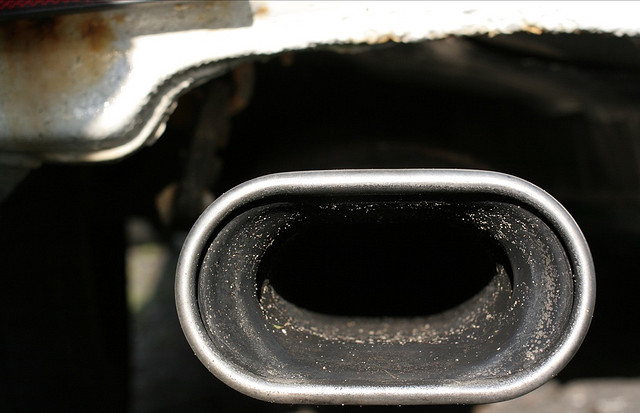
Will penalising diesel cars be counter-productive?
The SMMT has already launched a campaign to raise awareness of cleaner diesel options, but there are concerns that diesel cars are being unfairly penalised.
Going back to the 2000s and diesel cars were being hailed as a cleaner alternative to petrol cars. More individuals were choosing diesel, put off by the high charged levied on their petrol counterparts. In fact, in 2007 diesel accounted for 40.2% of all cars sold in the UK, up from 13.8% in 1999. Now, drivers of diesel vehicles are being penalised, as the vehicle releases dangerous NOx gasses which need to be restricted in accordance with EU guidelines. Some London councils have agreed plans to issue higher parking charges to the most polluting vehicles, for example Islington has agreed a £96 bill for residents who own a diesel car and wish to purchase a parking permit.
Should Diesel Cars be Penalised?
Motoring bodies such as the SMMT are trying to raise awareness of cleaner diesel models and remove the stigma surrounding them. The SMMT argue that the filters fitted in new diesel cars will be able to catch 99% of soot particles, and that exhaust after-treatments will have the ability to reduce nitrogen oxides by up to 84% since 2000. Electric cars are hailed as a cleaner alternative, but 31% of the UK’s electricity comes from coal-fired power stations. The same amount of NOx produced by one large coal-fired power station is equal to that produced by some 42 million Euro-6 diesel cars. In fact, electricity generation is the largest source of NOx contributions, so simply by relying more on electric vehicles you are essentially re-distributing emissions from inner cities to the countryside and less populated areas.
Glass’s argue that the penalties currently put in place to discourage ownership of diesel vehicles could negatively affect vehicle values. Rupert Pontin, head of valuations advised officials to put less emphasis on historical data which is reporting diesel emissions from before improved models were released.
With encouragement of electric and hybrid vehicle ownership and the fact that we still generate a large amount of electricity from sources which emit a considerable amount of NOx, is it counterproductive to penalise diesel vehicles when there has been significant technology improvements to reduce the amount of NOx they emit?
Get a quote for your
insurance today.